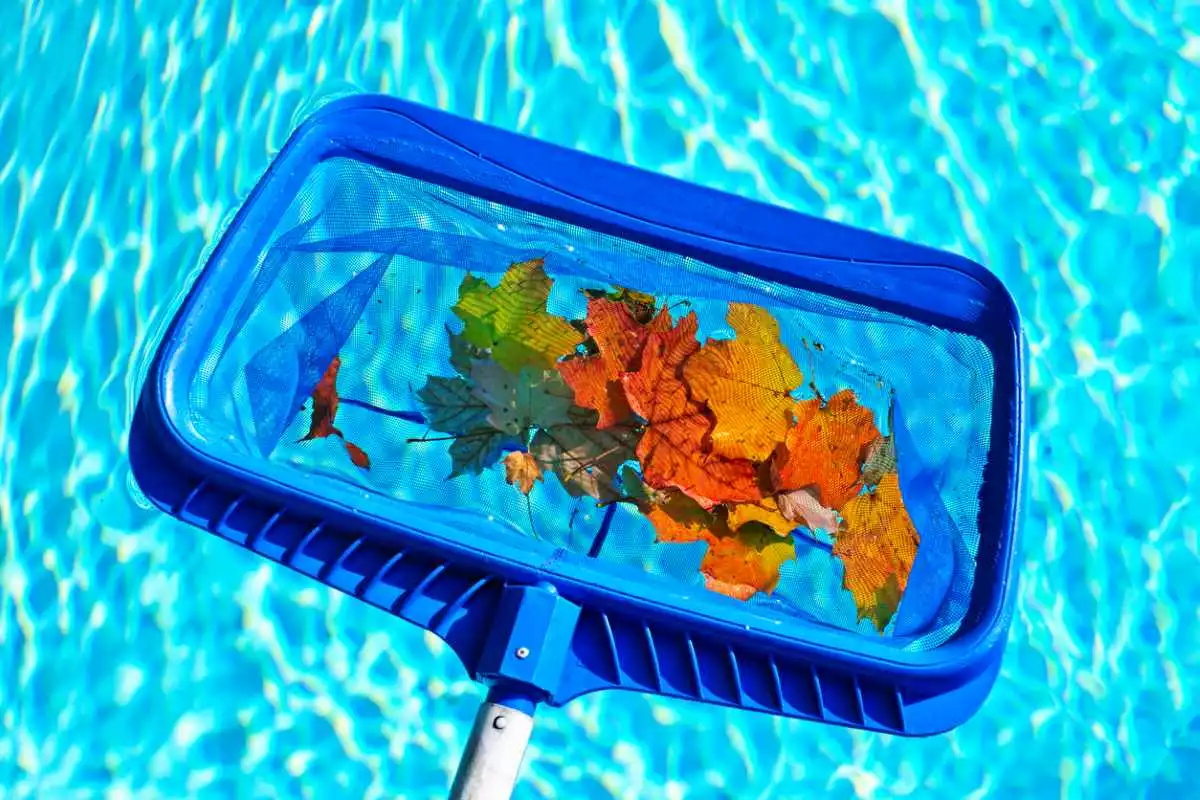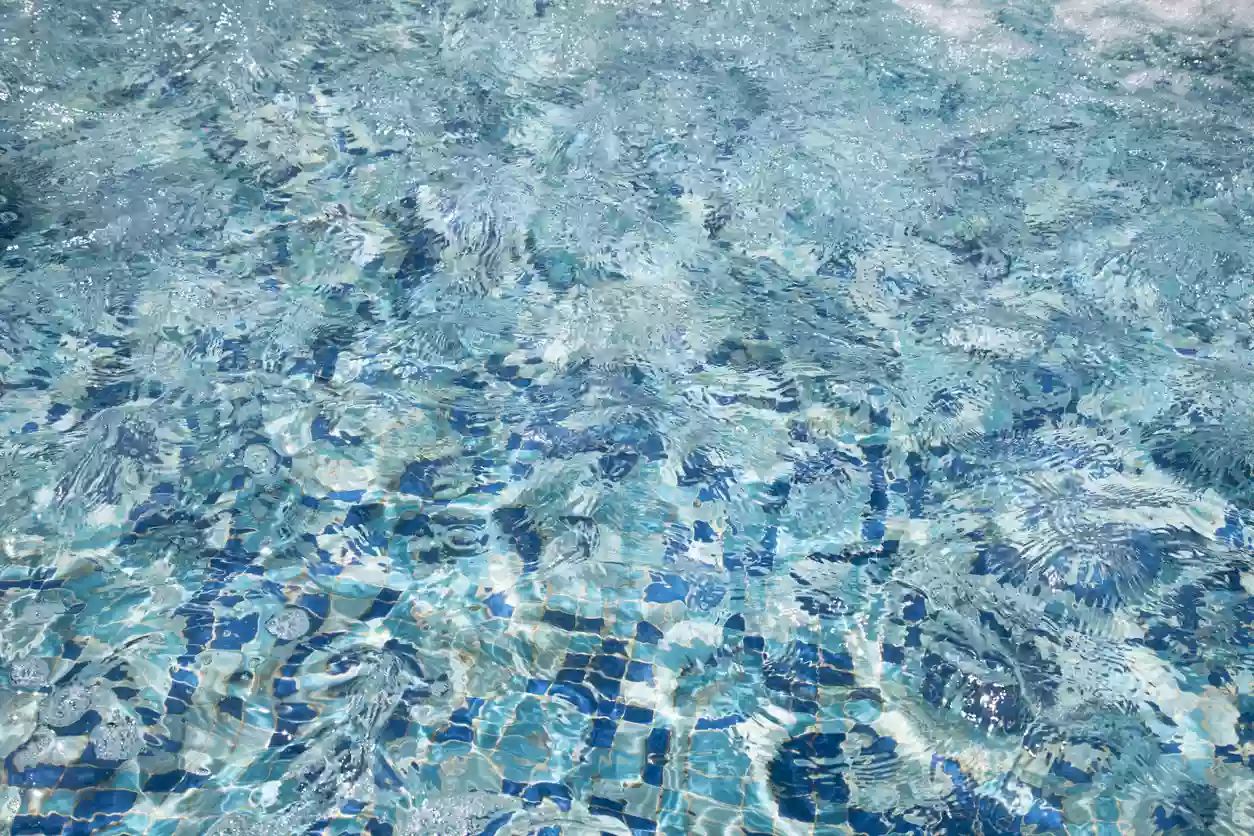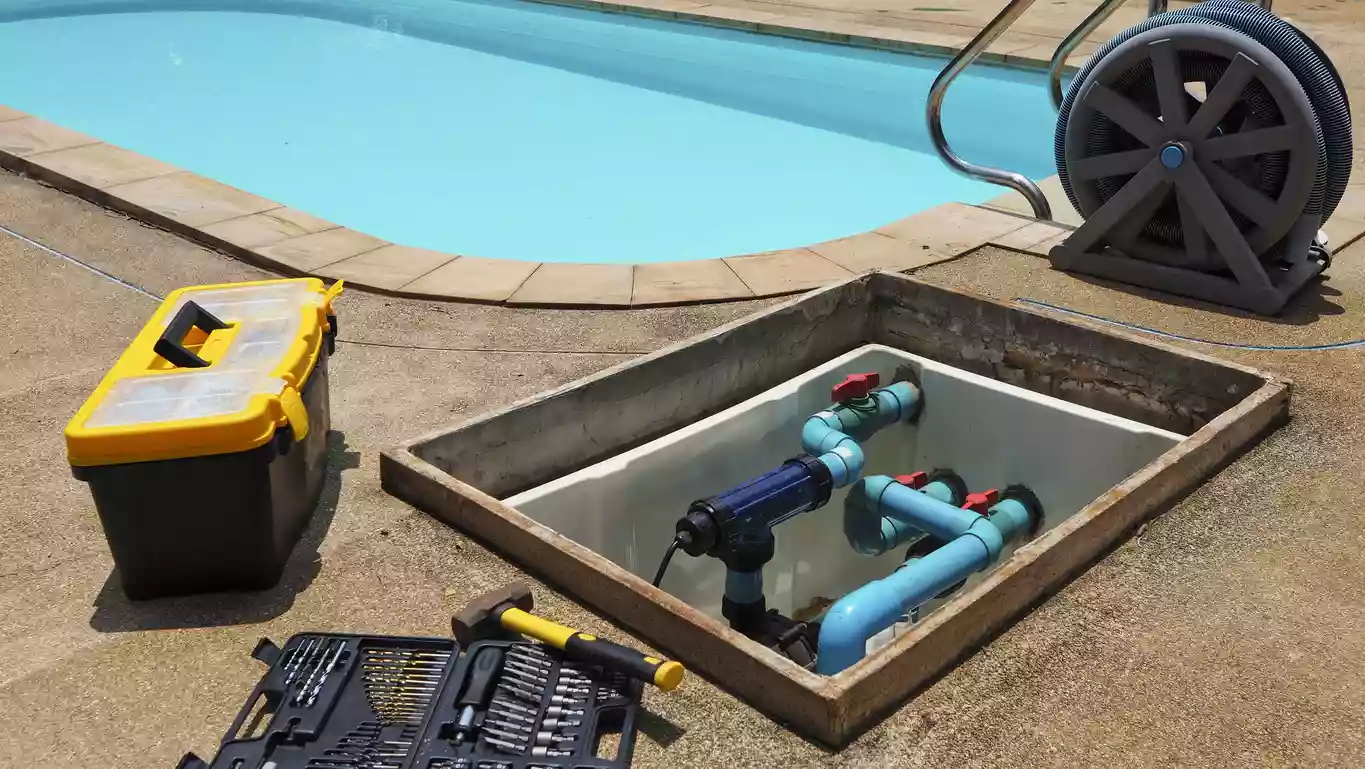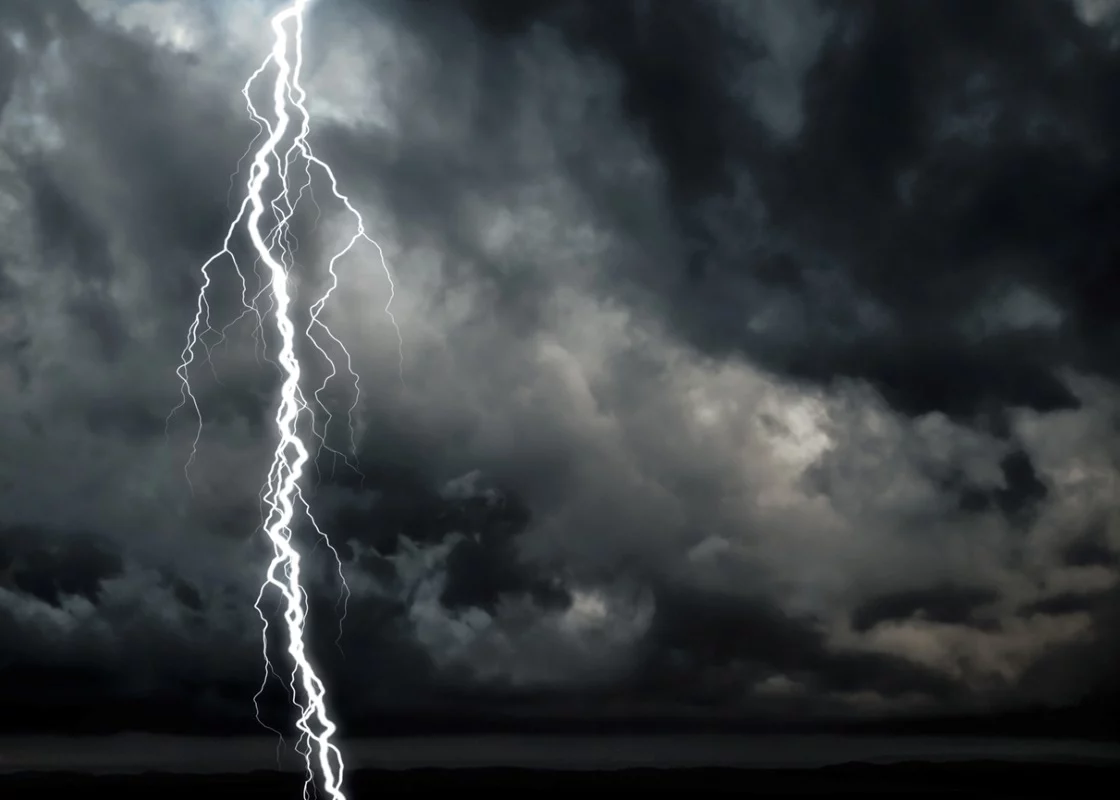How Seasonal Changes Affect Pool Maintenance

Pool maintenance can be challenging as temperatures and weather conditions fluctuate with the changing seasons throughout the year. Fortunately, you can adapt your pool maintenance routine according to the particular challenges each season poses, whether it’s springtime or fall. Learn about pool maintenance requirements, pool cleaning chemicals, and more with the SPS PoolCare team.
Understanding Seasonal Changes in Pool Maintenance
Rising water temperatures during the warmer months encourage algae growth, so we recommend prioritizing chemical balancing and filtration. In the spring, pollen, and insects like water strides and flying ants tend to collect in your pool, requiring more frequent cleaning.
In the cooler seasons of autumn and winter, pool water temperatures decrease, and unless you have a heater, you’re likely taking fewer dips. Falling leaves also clutter pools as trees go dormant for the winter. If you don’t plan to use your pool year-round, plan on winterizing it by adjusting chemical levels and protecting pool equipment to prevent damage from freezing temperatures.
Spring Pool Maintenance: How To Prepare for the Swimming Season
When you’re preparing to open your pool in the spring, you may be surprised to discover algae and bacteria thriving in the still water over the winter. These unwelcome visitors can pose various health risks, from respiratory issues to skin infections, making it crucial to clean your pool thoroughly.
After cleaning off the pool’s cover and sweeping around your deck, remove the cover and test the water’s chemical balance with a pool chemical calculator. Once you’ve achieved the right balance with the clarifier, cyanuric acid, alkalinity increaser, calcium hardness increaser, and other essential pool opening chemicals, inspect your pool equipment for any potential repairs or replacements.
Springtime Pool Cleaning Chemicals
The right cleaning chemicals, like algaecides and sanitizers, are vital for eliminating algae and bacteria. These harmful microorganisms can throw off your pool’s pH and chlorine levels, so remember to shock the water with chlorine and introduce a pH increaser to restore balance.
Summer Pool Maintenance: Keeping Water Clean and Safe During Peak Usage

As summer pool time and hotter weather return, chemicals can deplete quickly, promoting faster algae growth and introducing contaminants like oils and dirt into the water. Windy days and summer storms can also push leaves, dirt, and debris into the pool. Regular cleaning, chemical adjustments, balancing pH levels, and frequent skimming of the water help keep your pool healthy.
We recommend testing the water’s pH, chlorine, and alkalinity levels with a pool chemical calculator two to three times a week to help maintain proper levels. Aim for a pH between 7.2 and 7.6 to effectively kill bacteria and algae growth with alkalinity between 80-120 ppm to keep the pH levels stable and prevent rapid changes.
Additionally, try to shock the pool weekly with chlorine, maintaining levels around one to three parts per million. If your pool water is cloudy, you can use a pool clarifier to make the tiny dust and dirt particles stick together and make it easier for the pool filter to remove them.
Summertime Pool Care: Common Pool Equipment Components Requiring Repair
- Filters. During heavy usage, these key components of pool cleaning can become clogged with dirt, leaves, bugs, and oils. Regularly backwash the filters to maintain water flow and check if the cartridge filters need to be replaced.
- Pumps. Excessive summer use can cause pool pumps to overheat or malfunction. Inspect the pump for damage, clear debris from the straining basket, and replace it if necessary.
- Skimmers and baskets. More frequent maintenance may cause skimmers and baskets to become clogged with bugs, debris, and dirt. Regularly clean them to improve proper filtration.
- Ladders and handrails. Rust buildup or loosened bolts from frequent use can be dangerous. Inspect bolts frequently and tighten them as needed. Clean or replace rusted parts to maintain healthy water.
Fall Pool Maintenance: Preparing for Cooler Weather

As the vibrant colors of autumn arrive, the season is affectionately known as fall due to the cascading leaves of trees preparing for colder weather. The autumn leaves may be picturesque, but if they collect in your pool, they can block filters and strain mechanical parts.
Keep leaves at bay by cleaning your pool with a long-handled pool skimmer daily. You should also have a pool net or rake handy for larger debris like fallen branches. If leaves and dirt have already sunk to the bottom of your pool, vacuum your pool or run your automatic vacuum regularly to collect debris. We also recommend trimming any overhanging tree branches to help prevent leaves from falling into the water.
As the summer season winds down and the kids return to school, use the downtime to inspect your pool for any issues before winterizing it. Review the pumps, heaters, and filters for any signs of wear or damage, replacing or cleaning any components that show signs of wear and tear.
Winter Pool Maintenance: Protecting Your Pool
If you live in a state where you can use your pool throughout the year, you might not need to close it for the season. Nonetheless, taking some precautions during extreme weather that can impact your pool is crucial. Consider investing in a durable or automatic pool cover to shield your pool from debris, pollutants, and potential damage from weather phenomena like hurricanes. Store pool accessories and toys in a dry, secure place to keep them from blowing away by strong winds.
Pool Winterizing and Pool Closing Chemicals
Certain chemicals are needed to protect a pool from cold-weather damage, like during an ice or snow storm. These chemicals also help prevent algae growth, balance water chemistry, avoid corrosion and scaling, safeguard plumbing from freezing, and maintain the effectiveness of chlorine, including:
- Pool shock—chlorine or non-chlorine
- Algaecide
- pH balancer—increaser or decreaser
- Alkalinity adjuster
- Calcium hardness increaser
- Cyanuric acid—chlorine stabilizer
- Pool antifreeze
- Metal sequestering agent—stain and scale control
Year-Round Equipment Maintenance From SPS PoolCare
The upkeep of your pool is crucial throughout the year, regardless of the season, and particularly if you plan to keep your pool open year-round. If you need help maintaining and cleaning your pool or replacing and repairing equipment, consider contacting SPS PoolCare. Our passionate team members are here to help make owning a pool a joy!
Find a local SPS PoolCare branch near you today, or learn more helpful pool tips and tricks on our blog.





